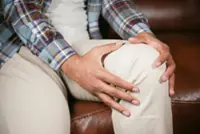A study, published April 5 (2023) in the journal Neurology, found that sleep problems can increase a person’s risk of stroke.
Sleep problems can include too little sleep (less than five hours), too much sleep (more than nine hours), poor quality, difficulty getting to sleep or staying asleep, prolonged napping, and snoring and breathing cessation.





